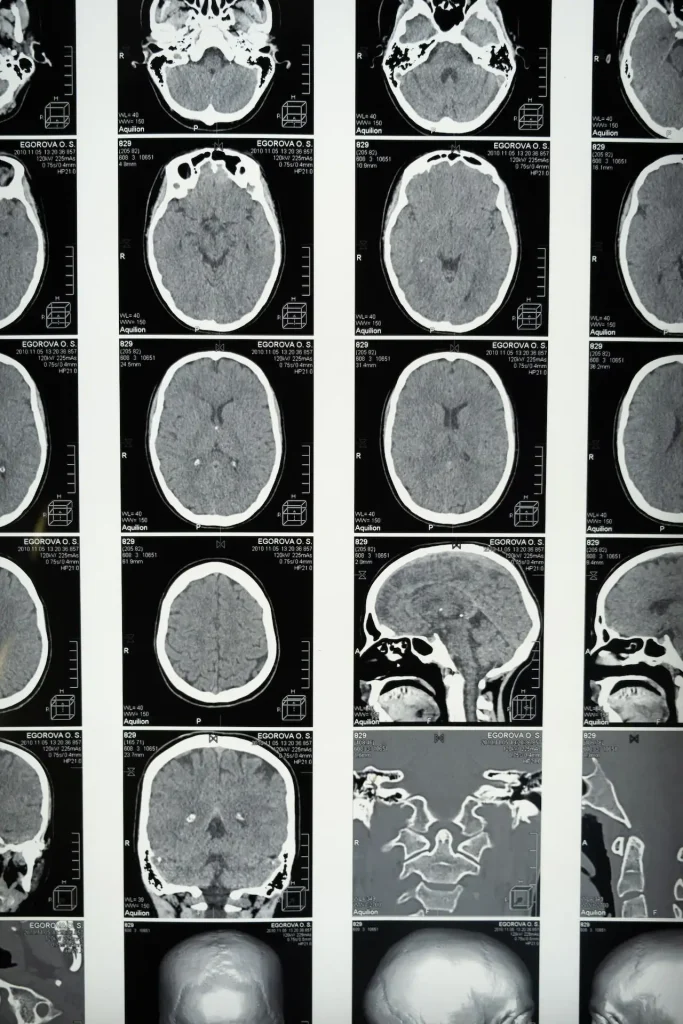Science & Research
The Center for Brain Care operates at the convergence of digital neuroimaging, computational analytics, and neuromodulation to optimize and restore brain function.

It begins with an introductory meeting with an experienced Center for Brain Care clinician to understand your medical condition, goals, and concerns. A short, 10-minute quantitative electroencephalogram (q-EEG) and electrocardiogram (EKG) measure your brainwave frequencies, heart rate, and brain-heart coherence to understand your brain’s unique biology.
Your brainwave recording is processed against a database of over 30,000 prior patients to create deep insights into your unique physiology. As we identify areas of the brain or brainwave frequencies that are functioning atypically, we generate a patient-specific care protocol, with this baseline allowing us to track progress over time.
If we believe you can benefit from personalized brain stimulation, our team creates a treatment protocol for in-clinic therapy with MeRT. These brain stimulation sessions typically occur 5-days per week over the course of X months. During this time, your personalized protocol is used to intelligently stimulate specific portions of your brain at specific frequencies to restore function to affected brain areas.
Transcranial Magnetic Stimulation (TMS), or neuromodulation, has been used for decades for its neuromodulatory effects in patients with neurologic and psychiatric conditions to maintain or restore brain function. TMS is recognized for its ability to modulate and induce or suppress brain excitability, driving durable changes in cortical function.
MeRT (Magnetic EEG-guided Resonance Therapy) is the next generation of neuromodulation technology, leaping ahead of traditional neuromodulation techniques by personalizing therapy to each patient.
The MeRT process consists of a baseline resting electroencephalogram (EEG), followed by an individual alpha frequency (IAF) calculation.
Alpha frequency is the brainwave with which each individual encodes information.
MeRT focuses on assessing and improving focus and cognition by restoring normal alpha rhythm through TMS at the IAF frequency most ideal for therapeutic improvement and to the region most disrupted.